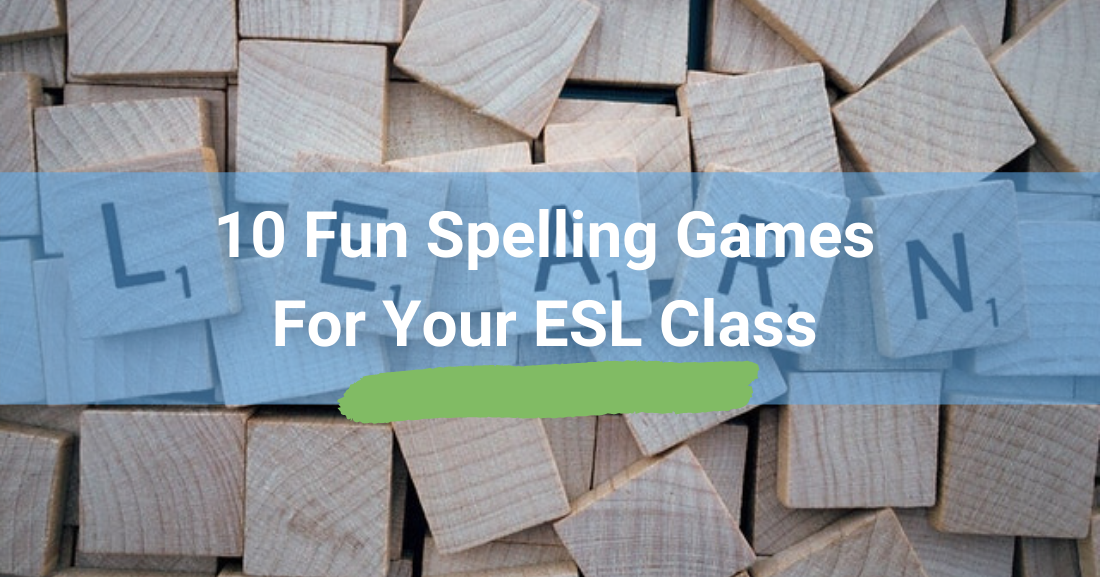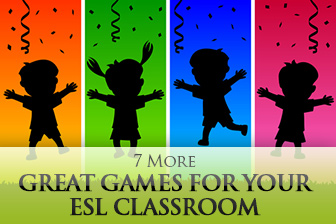10 Fun Spelling Games for Your ESL Class



Put the answers up on the board (tape a sheet of paper over each one until you are ready to reveal it) and get your students to give you the questions. This game is great for reviewing content material or for practicing question formation in the different tenses.
Starting with 11 tiles from a Bananagrams game, have pairs of students work to use all their tiles in one crossword style grid. Have students add one tile at a time, arranging and rearranging the letters and words as necessary to incorporate the new tile. Continue until all the tiles are used. The team that uses the most letters in their grid wins.
Using a deck of lettered cards, students make words consisting of four letters. Use the game to expose your students to new vocabulary or help them learn predictable spelling patters in English.
To practice spelling relay race style, fill 12 plastic eggs with the letters your students will need to spell each of 12 vocabulary words (use game tiles or small slips of paper). Students race to the eggs, choose one, spell the correct word and race back to tag the next person. The first team to correctly unscramble all 12 eggs wins.
Write letters on the bottoms of several plastic cups. Students take turns bouncing a ping-pong ball into the cups and collecting the letter on the bottom of the cup. They can then use the letters they collect to spell a word. Play continues until every student is able to spell a word with at least three letters using the ones he or she collected from the cups.
With no preparation, you can test your students spelling knowledge. Introduce new vocabulary and teach your students standard spelling patterns with this elimination game. Give two teams of students one word at a time to spell (use a mixture of familiar and unfamiliar words). A mistake causes the player to sit down. The last student standing is the winner.
Students practice their listening and vocabulary skills when you give directions in this classic children’s game. Start most commands with Simon says and then see if your students can follow your directions. If you do not start with ‘Simon says’ students should not follow the command. Anyone who does must sit down. The last student standing is the winner.